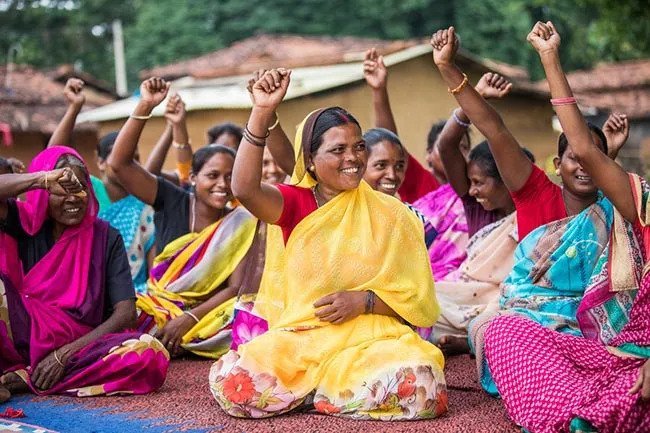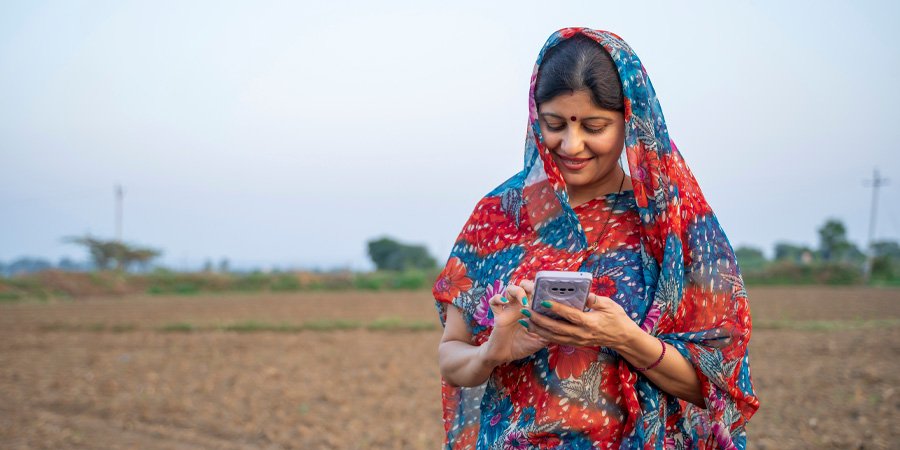- Home
- Temple
- Surila Gurudev
- Activities
-
Events
Upcoming Festivals
- Participate
Women play a pivotal role in agriculture, contributing significantly to farming, livestock management, and food security. However, they often face challenges such as limited access to land, credit, technology, and decision-making power. Empowering rural women farmers involves providing them with equal opportunities in agricultural training, financial inclusion, and leadership roles. Initiatives like self-help groups (SHGs), microfinance programs, and women-centric cooperatives enable them to access loans, adopt modern farming techniques, and market their produce independently. Additionally, promoting gender-sensitive policies and land rights ensures women have ownership and control over resources, enhancing their economic independence.

Education and skill development are also crucial for women’s empowerment. Training programs on sustainable farming, agribusiness, and digital tools equip them with the knowledge to improve productivity and income. Encouraging women’s participation in farmer producer organizations (FPOs) and panchayats strengthens their voice in rural governance. When women are empowered, entire communities benefit—nutrition improves, child education increases, and rural economies grow more sustainably. Investing in women farmers is not just about equality; it is a strategic step toward inclusive and resilient rural development.
